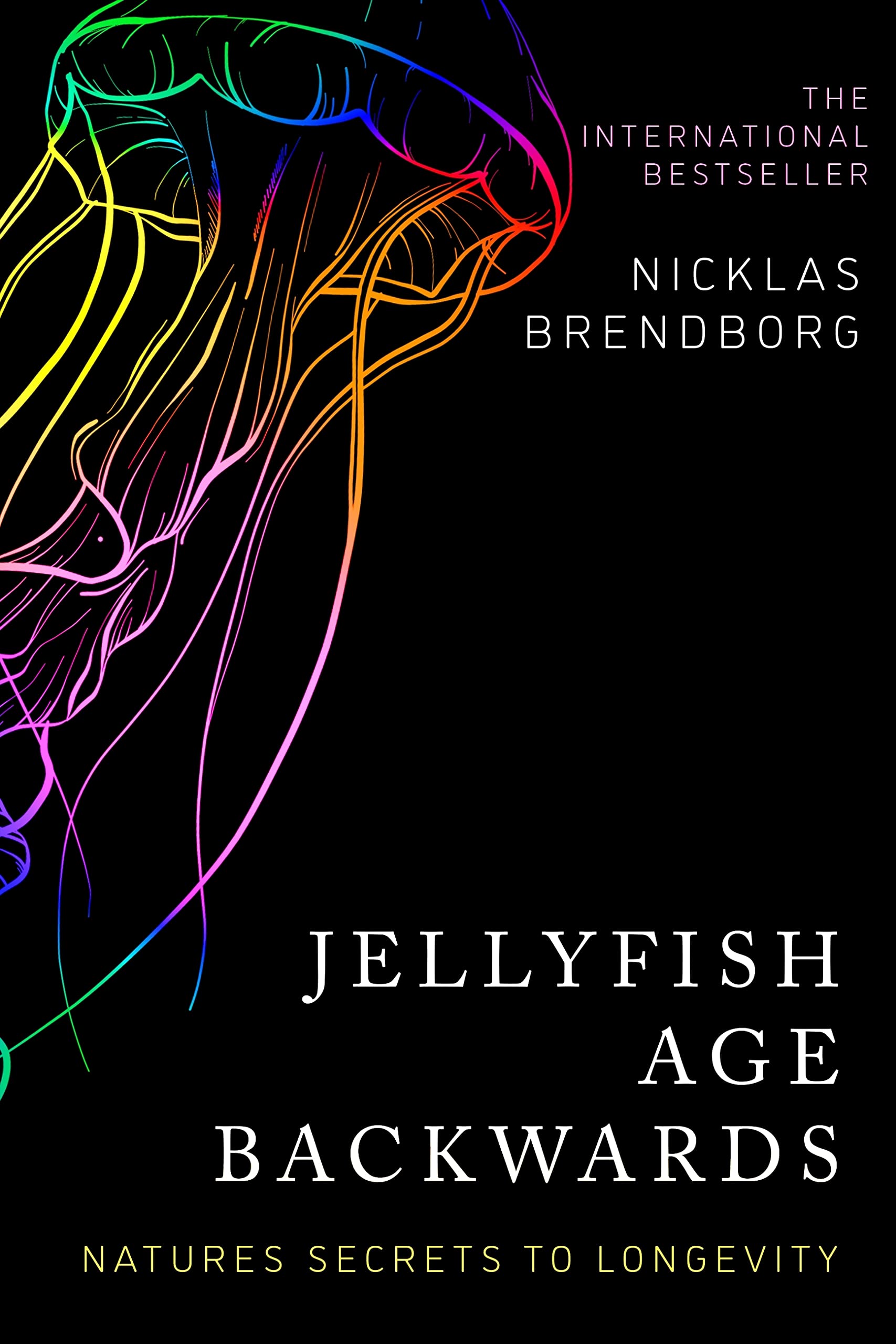
Jellyfish Age Backwards: Nature's Secrets to Longevity
Nicklas Brendborg, Elizabeth de Noma
Questions & Answers
The key factors contributing to longevity include genetics, lifestyle, and environment. Genetics play a role, but are not deterministic; twin studies suggest only a small genetic influence on lifespan. Lifestyle factors like diet, exercise, and social connections are crucial. Calorie restriction, for instance, has been shown to extend lifespan in rodents, and some studies suggest it may benefit humans too. Exercise improves mitochondrial function and promotes autophagy, both of which are linked to longevity. Social connections and a sense of purpose are also vital, as loneliness can be detrimental to health. To extend human lifespan, we can focus on optimizing these factors: adopting healthy diets, engaging in regular exercise, maintaining social connections, and addressing environmental factors that impact health. Research into longevity, including the effects of drugs and genetic modifications, may also provide insights and interventions in the future.
Biological immortality and rejuvenation mechanisms in nature, like those seen in jellyfish and flatworms, provide valuable insights into aging and potential anti-aging therapies. These organisms exhibit remarkable resilience, with jellyfish like Turritopsis capable of reversing to a younger state and flatworms like Planaria regenerating lost parts. These mechanisms suggest that aging might not be an inevitable process but rather a programmed event.
Understanding these processes could lead to anti-aging therapies. For instance, the study of telomeres and telomerase in cells, similar to those in cancer cells, could offer ways to extend cell lifespan. Additionally, research into cellular reprogramming, which can revert cells to a more youthful state, holds promise. However, these approaches come with risks, such as the potential for cancer development. The study of the immune system's role in aging and rejuvenation, particularly the thymus and its impact on T-cell production, also offers potential avenues for anti-aging treatments. Overall, nature's examples of biological immortality and rejuvenation underscore the plasticity of the aging process and suggest that interventions to slow or reverse aging may be feasible.
Current scientific theories on aging focus on the mechanisms that lead to the gradual decline in physiological functions. The most prominent theories include:
-
Free Radical Theory: This theory suggests that oxidative stress, caused by free radicals, damages cells and accelerates aging. Antioxidants are proposed as a solution to mitigate this damage.
-
Programmed Aging Theory: This theory posits that aging is a biological program that ensures the survival of the species by allowing the allocation of resources to reproduction rather than maintenance.
-
Damage Accumulation Theory: This theory suggests that aging is the result of the gradual accumulation of cellular and molecular damage over time.
-
Hormesis Theory: This theory proposes that low levels of stress can actually promote health and longevity by activating cellular repair mechanisms.
These theories influence anti-aging strategies by guiding researchers to target specific processes. For example, antioxidants are being studied for their potential to combat oxidative stress, while calorie restriction mimetics aim to mimic the benefits of reduced calorie intake without the need for dietary restriction. Additionally, research into cellular reprogramming and immune rejuvenation aims to reverse some of the hallmarks of aging, such as cellular senescence and weakened immune function.
Applying hormesis and other stressors to promote health and longevity involves exposing the body to controlled stressors that stimulate adaptive responses. Exercise, for example, increases oxidative stress but also enhances cellular repair mechanisms, potentially extending lifespan. Similarly, fasting can mimic the effects of calorie restriction, boosting autophagy and longevity in rodents. However, potential risks include overtraining, which can lead to injury and fatigue, and excessive fasting, which can cause malnutrition and other health issues. Additionally, hormesis requires careful dose control; too much stress can overwhelm the body's repair mechanisms, leading to harm. It's crucial to balance stressors with adequate recovery to ensure health benefits without adverse effects.
Extending human lifespan presents significant ethical and societal challenges. Ethically, concerns include the potential for increased inequality, as wealthier individuals might have easier access to longevity treatments. This could exacerbate social divides and lead to a stratified society. Additionally, the moral implications of potentially extending life indefinitely without addressing the root causes of aging, like disease, are complex.
Societally, the implications are vast. Longer lifespans could strain resources, healthcare systems, and social security. It might also affect family dynamics, as the traditional lifecycle of birth, work, and retirement could change. To navigate these challenges, we need transparent and equitable access to longevity treatments, ethical guidelines for research, and comprehensive planning for societal changes. Public discourse, education, and policy-making should prioritize these considerations to ensure a balanced approach to extending human lifespan.